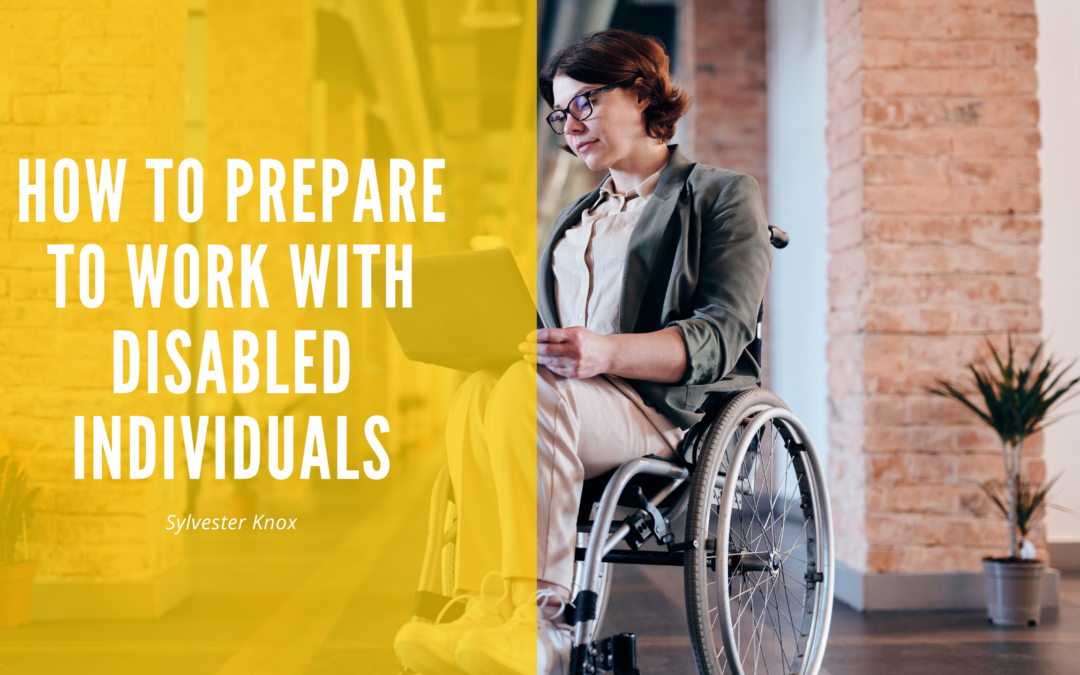If you’re someone who is consistently involved with community service, the chances are that your volunteering efforts may sometimes put you in contact with disabled individuals. There seems to be inherent anxiety many individuals have about working with disabled individuals. Whether it be a lack of exposure to these disabilities or the fear of doing something wrong, these barriers often stop many people from pursuing this type of volunteer work. But no matter how people feel about this type of volunteering, the need remains. Read below to discover how to prepare to work with disabled individuals.
Educate Yourself
One of the most important things you can do to prepare for working with disabled individuals is to educate yourself as much as possible. Depending on a person’s disability, you’re going to have to learn how to communicate effectively with them. This doesn’t mean you have to learn every single aspect of their disability within a night, but it is important to teach yourself some basic principles and communication techniques. If you’re unsure how to educate yourself, you can do some browsing on the internet and find helpful scholarly articles written by individuals who have done years of research.
Avoid Exclusive Language
As you’re preparing to work with disabled individuals, you’ll also need to begin paying more attention to your vocabulary. You may not realize that some of the terms you use are deemed offensive by others. Avoid using language such as “wheelchair-bound,” “handicapped,” “suffering from” and other terms that could come off wrong. Your language style will need to be appropriate to reduce the possibility of offending anyone. In concordance with adapting your language, you’ll also need to make sure you are never assuming anyone has a disability or trying to diagnose them yourself, especially if you are not in the medical profession.
Develop a Positive Attitude
Approaching your volunteering position with a positive attitude will enable you to serve others well. After having educated yourself on how to interact with and address individuals with disabilities, you might still feel weary that you’ll make a mistake. But this prior research only goes to show the commitment you have to the volunteering project and the other individuals involved. At this stage, the next best thing you can do is to develop a positive attitude, looking forward to volunteering. The more positive you appear, the more likely your efforts are to permeate the community and inspire others to educate themselves to best interact with disabled individuals as well.

